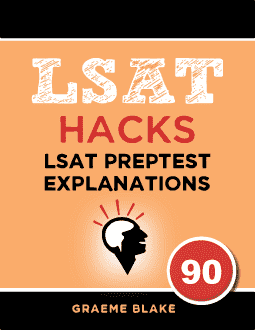DISCUSSION: The word “fervor” refers to intense and passionate feelings. It is usually somewhat negative, especially when combined with the word “political” which is also usually negative. In the context of a scholar, if you say they are “political” and “intense” they might not be someone who is purely interested in the truth. More likely they instead have an agenda.
Even if you don’t know the word fervor, you can deduce its approximate meaning from the words “animated” and “extirpate”. You get evidence that Ricks does not approve of this fervor when he says Rosenthal writes “as if” you have to get rid of all moral considerations. The “as if” means Ricks does not think we are actually obliged to do so. So, “political fervor” is used both to describe and to criticize Rosenthal’s approach: she isn’t doing history, she’s trying to change how we think.
Note that “political” doesn’t mean “Democrat/Republican”. It has a broader sense in terms of anyone trying to advance an agenda or doctrine.
___________
- CORRECT. This matches the way “fervor” is used to describe the intensity of how Rosenthal advocates for her ideas. A zealot is someone ideological who tries to enforce doctrine.
- Rosenthal’s purpose is to “question differences” not to influence public policy. Rosenthal is writing a history of drama, after all. Not the usual realm of policy analysts.
- Rosenthal is influenced by her political stances, but the passage says nothing about her wanting to foster a revolution. If you want to inspire the populace to revolt, usually you don’t write a history book.
- The passage doesn’t mention Rosenthal wanting to provoke debates. Ricks is trying to debate Rosenthal’s ideas, but Rosenthal herself wrote as though there could be no debate, and that she was correct. Ricks mentioned Rosenthal gives the “required” postmodern answer: this means dissent is not tolerated in Rosenthal’s circle and that scholars like her must toe the party line.
Ricks was being pejorative, but let me give you a non-pejorative contemporary example. You’ve surely heard the phrase “the personal is political”. This means that a lot of personal traits (gender, race, LGBTQ status) have been politicized.
As such, statements made in support of these groups are generally considered political statements. You likely have made such statements yourself. Here’s an example of one: “Trans women are women. Full stop.”
If you made such a statement, were you looking for debate? I highly, highly doubt it. Which of these two applies to you when making such a statement:
1. You want to transform traditional categories of thought (i.e. people used to think the statement was false, now you’re saying it’s true), or
2. You want to find someone to debate the issue withAlmost certainly you were doing #1 more than #2. You were making a political statement (in the sense that the personal is political), that transforms a traditional category of thought (“trans women are women”) and you do not intend to start a debate (because a debate questions the person’s right to exist as they are).
So, when Ricks says Rosenthal gives “the required postmodern answer”, this is what he is talking about. She is making 1. A political statement which 2. Is not up for debate. Instead, the statement aims to transform traditional beliefs about plagiarism.
- The passage is about a history book! There’s no political parties mentioned. The passage uses political in the sense of an agenda or doctrine, not an organized party.


Leave a Reply